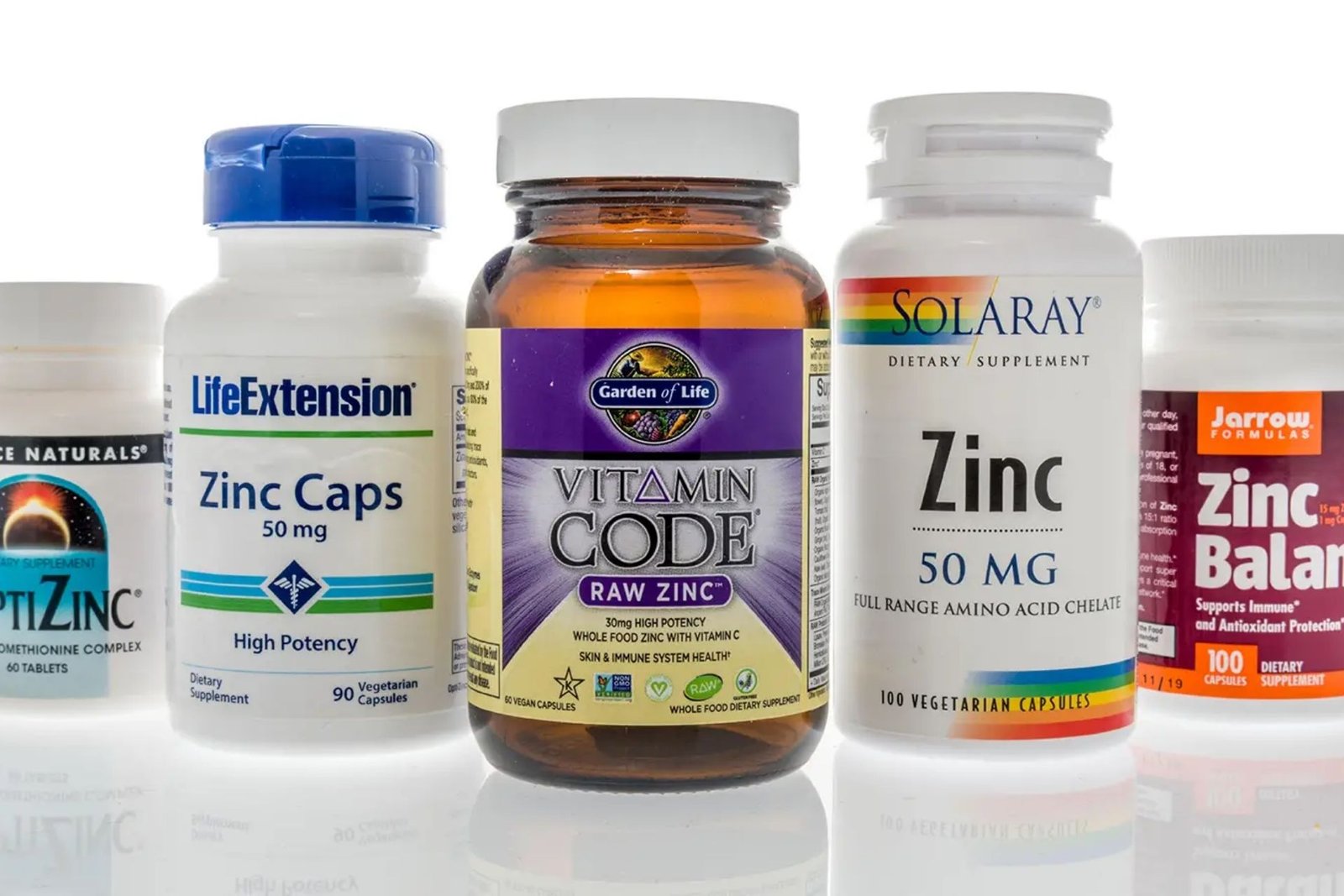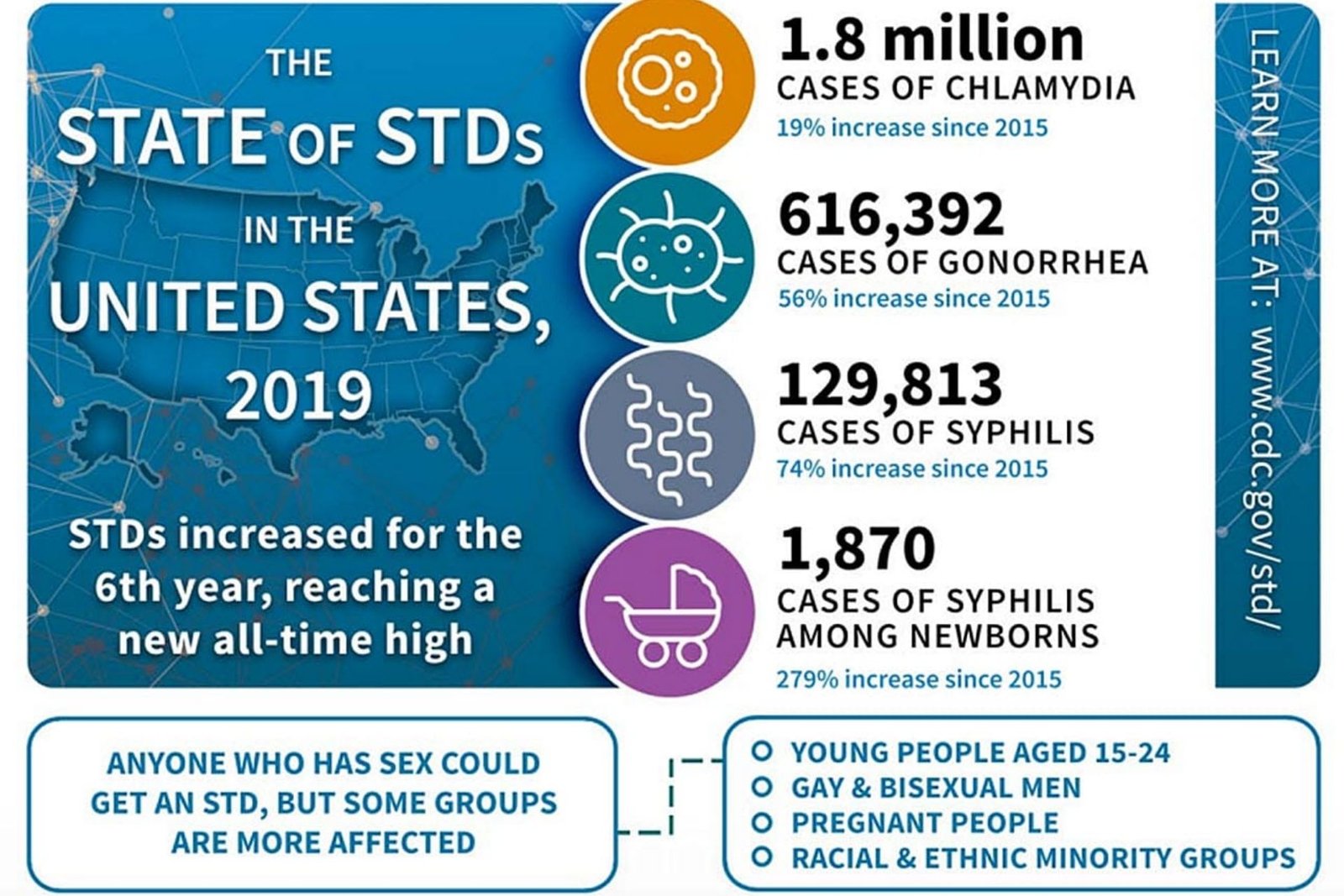A meta-analysis of published trial data found that zinc supplements can help prevent and treat upper respiratory infections caused by viruses other than SARS-CoV-2 in adults.Pooled data from eight randomised controlled trials involving a total of 3,500 people revealed that oral or intranasal zinc treatment prevented five infections for every 100 person-months, according to Jennifer Hunter, PhD, MScPH, of Western Sydney University in Penrith, Australia, and colleagues.Furthermore, the group reported in BMJ Open that in about 1,000 people with respiratory virus infections, treatment with sublingual or intranasal zinc preparations reduced symptom duration by an average of 2 days compared to placebo.However, these obvious benefits were accompanied by numerous caveats: the strength of evidence (particularly for zinc as a treatment for ongoing infection) was weak.

According to the researchers, the analysis was hampered by substantial bias in the included studies, low participant numbers, and significant heterogeneity.They also noted that the benefits were modest, as zinc did not appear to reduce symptom severity or prevent infection after a deliberate viral challenge.
Notably, the analysis did not address whether zinc could be used to prevent or treat COVID-19 because it only included studies published through May 2020, by which time it would have been too late to design, conduct, and publish a randomised trial involving SARS-CoV-2. (At least seven COVID trials of zinc were still ongoing when Hunter and colleagues completed their manuscript.) Any meta-analysis, including this one, is susceptible to publication bias.

“While publication bias was not strongly suspected,” the group wrote, “visual inspection of funnel plots is necessarily subjective, and a statistical test for hazard ratios was not performed.”Furthermore, they acknowledged that “the number of studies and sample sizes were small,” and the researchers issued the standard call for more research, not only to determine the efficacy and safety of specific formulations, but also to clarify the mechanisms by which zinc may combat viral infections.Overall, Hunter and colleagues believed that zinc would be worthwhile for many people to try. “Because of the marginal benefits, strain specificity, drug resistance, and potential risks of other over-the-counter and prescription medications,” they wrote, “zinc is a viable ‘natural’ alternative for the self-management of non-specific [respiratory tract infections].””It also provides clinicians with a management option for patients who are desperate for faster recovery times and may be seeking an unnecessary antibiotic prescription,” they suggested.
______
Cold and Flu | Don’t forget to follow us on Twitter @njtimesofficial. To get the latest updates









